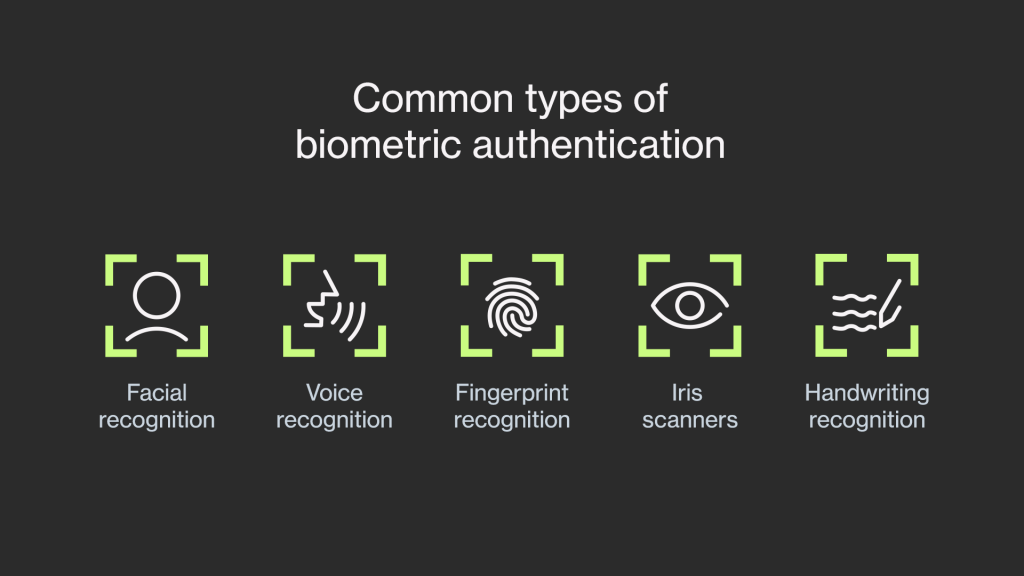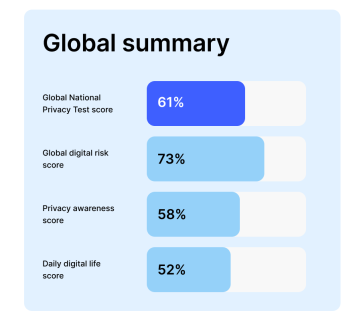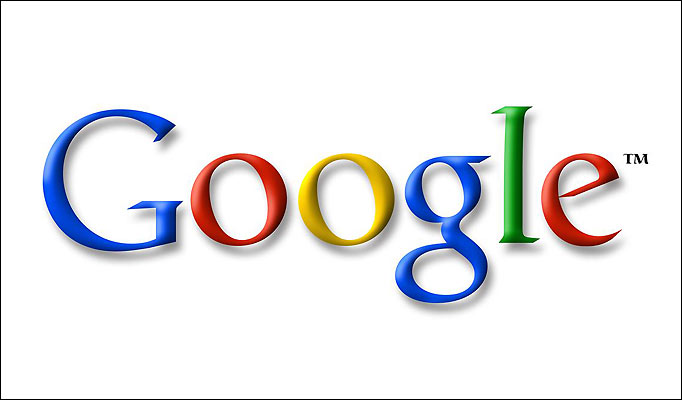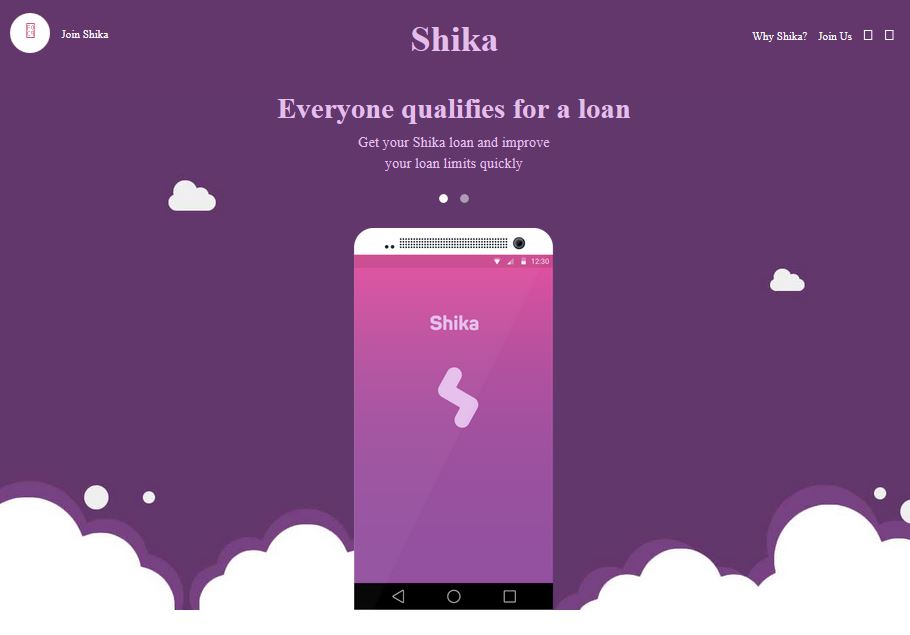![]() Microsoft has remained a strong participant and contributor to Intellectual Property. The company has been a part of World Intellectual Property Organization efforts in actively recognizing the World Intellectual Property (IP) Day (celebrated on 26th April of every year) – An event that urges governments, industry and consumers to promote discussion about the significance of protecting IP rights. Respect for the rule of law is a strong contributor to the IP rights culture, which is in turn essential in spurring innovation in local economies. An increase in legitimate technology businesses can add revenue that supports a country’s government programs and other infrastructure goals, creates jobs, increases profits for the broader industry, and helps create a strong business ecosystem. Environments where genuine software thrives also pave the way for better protection for consumers and businesses that know they can feel secure by avoiding the risks that come from using non-genuine software.
Microsoft has remained a strong participant and contributor to Intellectual Property. The company has been a part of World Intellectual Property Organization efforts in actively recognizing the World Intellectual Property (IP) Day (celebrated on 26th April of every year) – An event that urges governments, industry and consumers to promote discussion about the significance of protecting IP rights. Respect for the rule of law is a strong contributor to the IP rights culture, which is in turn essential in spurring innovation in local economies. An increase in legitimate technology businesses can add revenue that supports a country’s government programs and other infrastructure goals, creates jobs, increases profits for the broader industry, and helps create a strong business ecosystem. Environments where genuine software thrives also pave the way for better protection for consumers and businesses that know they can feel secure by avoiding the risks that come from using non-genuine software.
“Software piracy and the efforts to illegally profit from counterfeit and pirated software have become increasingly sophisticated and complex, which is why it is so critical to continue to work toward stronger, more effective IP protection,” said Juan Hardoy, director,EMEA Anti-Counterfeiting and Digital Crime, Microsoft, who spoke at this week’s Seventh Global Congress on Combating Counterfeiting and Piracy in Istanbul. “Microsoft is dedicated to educating consumers and businesses on the real risks they face from the dangerous malware, viruses and spyware that so often result from counterfeit and pirated software.”
“Without proper intellectual property law enforcement, we lack safety in revealing our brilliant ideas. Anyone can claim ownership of a potentially life-changing application, service or revolutionary product,” said Edward Sigei, Chief Legal Counsel of the Kenya Copyright Board. “The Kenya Copyrght Board is committed to the protection of copyright to create a healthy environment for growth of businesses and also protect creators and innovators from unscrupulous dealers,” Sigei added.
Microsoft commissioned a study conducted by IDC in early 2013, which found that one in every three PCs with counterfeit software installed will be infected with malware. It is because of these infections that consumers are forced to spend 1.5 Billion hours and about 22 billion dollars just in identifying, repairing and recovering from the impact of malware, while global enterprises will spend 114 billion dollars just dealing with the impact of a malware-induced cyber-attack on productivity machines. The sheer amount of counterfeit software available is significant, with the total number of counterfeit software programs expected to be installed in 2013 exceeding 2 billion, more than triple the amount in 2006.
You can access more on the IDC study on the Microsoft Play It Safe website. You can also find more information on how to avoid purchasing non genuine software is available on How to Tell. To help people and organizations around the world better understand the value of building a sound Intellectual Property environment and the ramifications of using non-genuine or counterfeit software, you can read more on the Microsoft website here.




